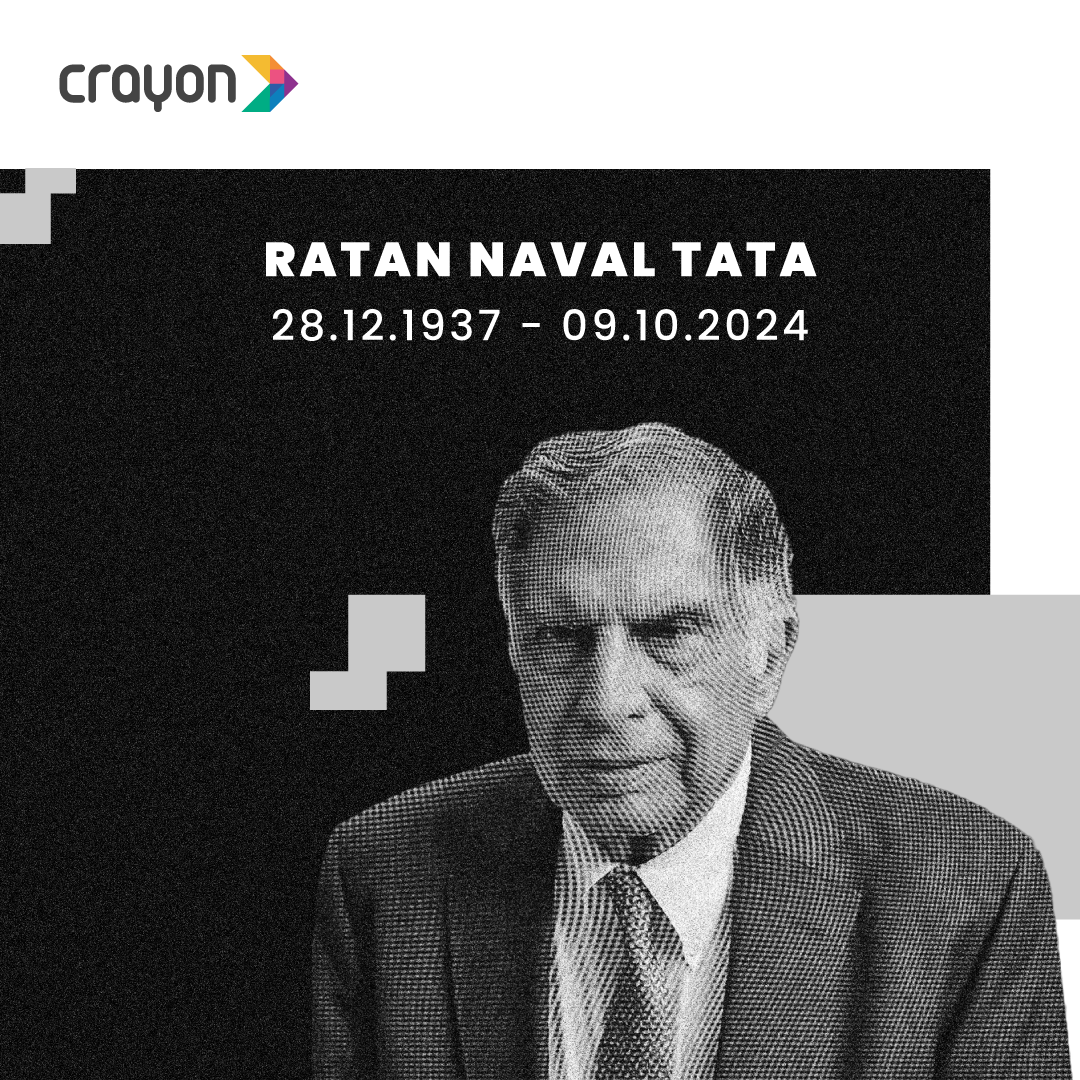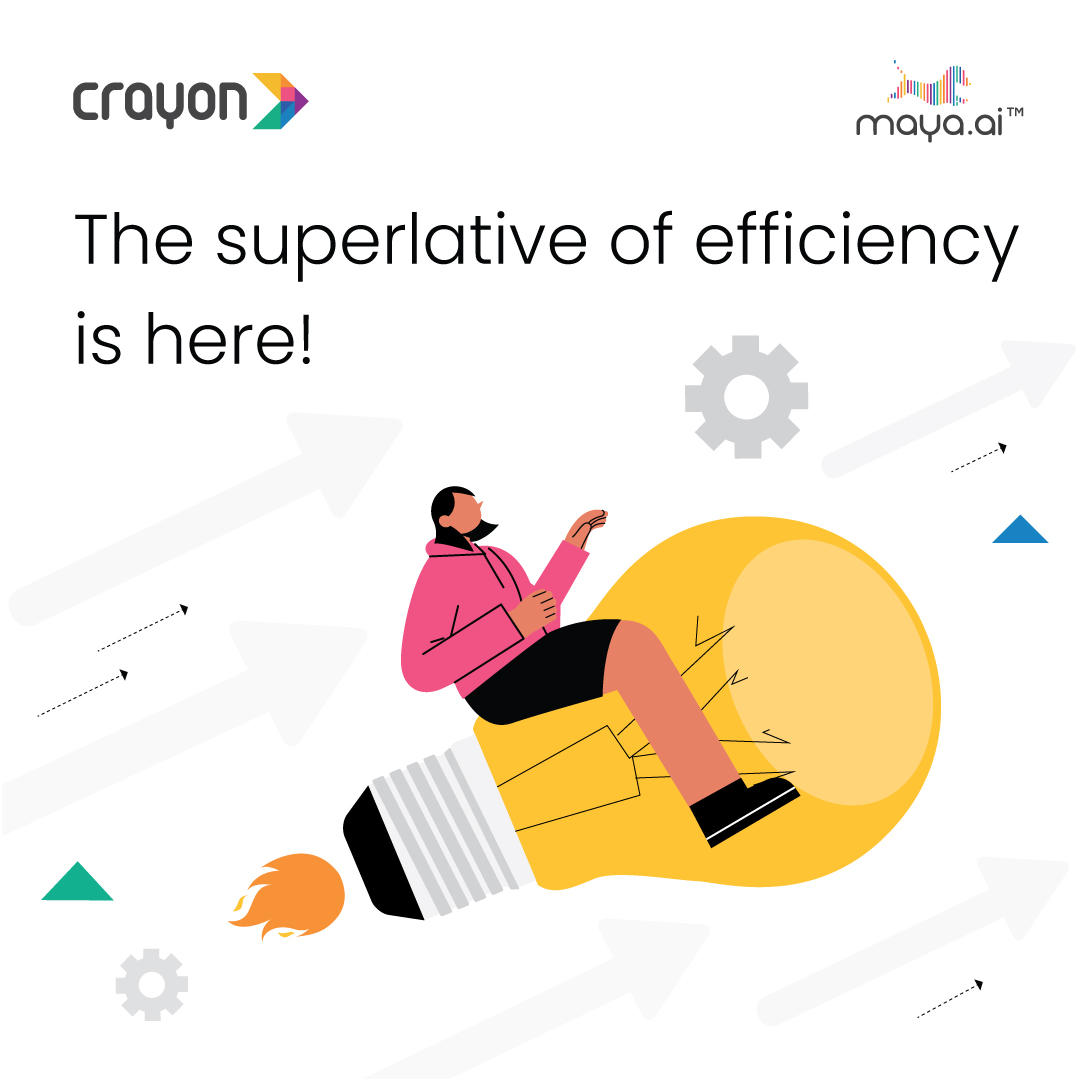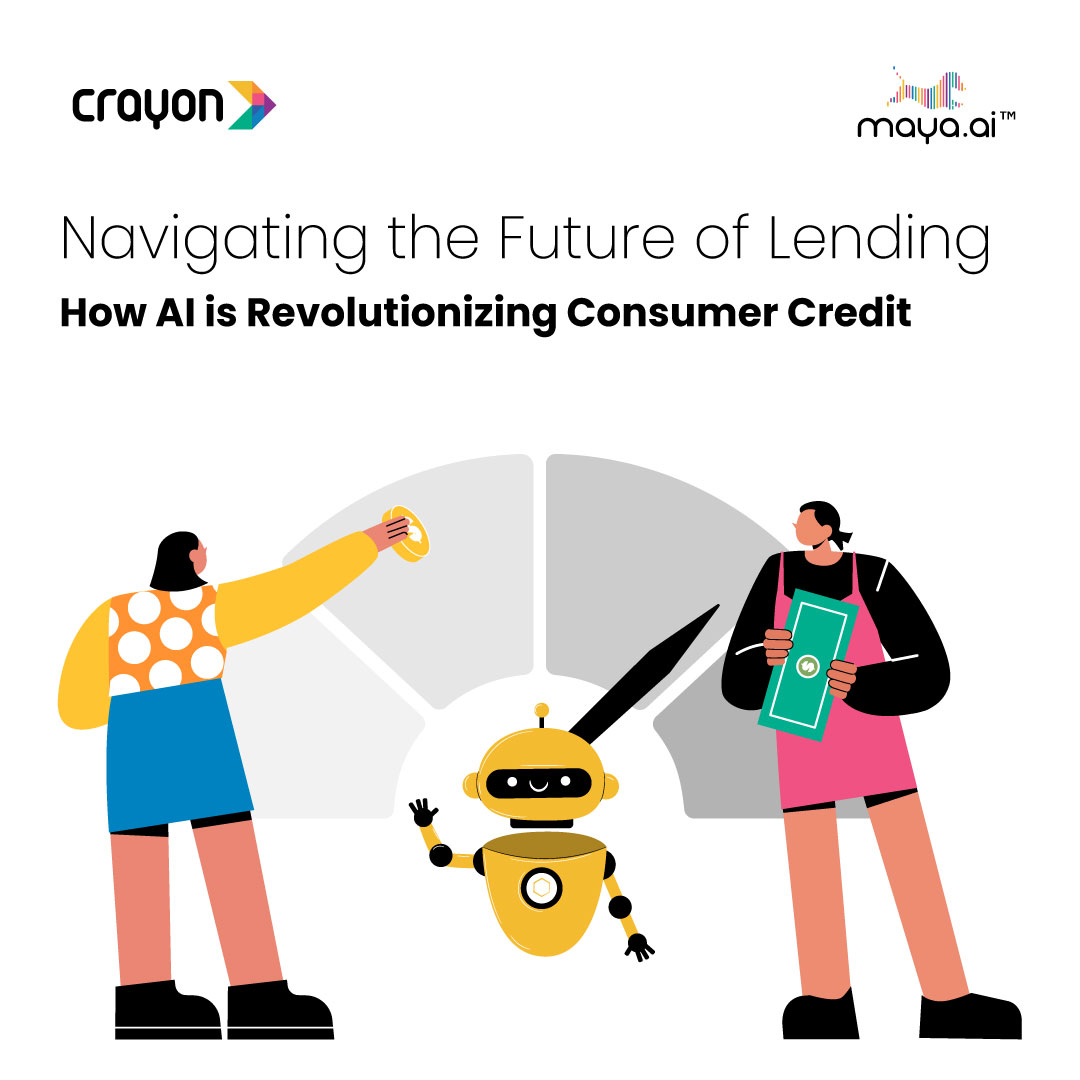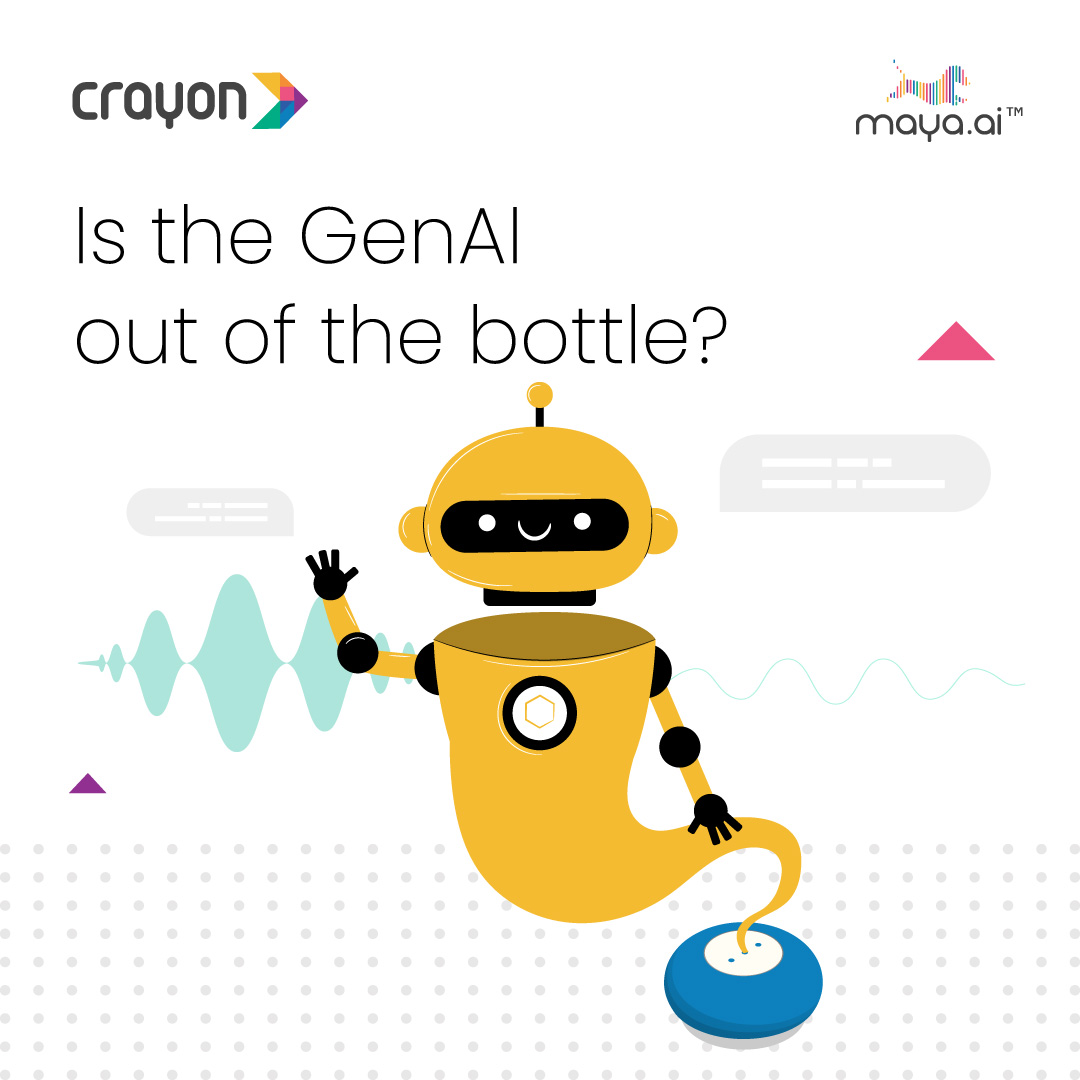Thrust into controversy by Edward Snowden’s first revelations last year, President Obama belatedly welcomed a “conversation” about privacy. As cynical as you may feel about US spying, that conversation with the federal government has now begun. In particular, the first of three public workshops took place Monday at MIT.
Given the locale, a focus on the technical aspects of privacy was appropriate for this discussion. Speakers cheered about the value of data (invoking the “big data” buzzword often), delineated the trade-offs between accumulating useful data and preserving privacy, and introduced technologies that could analyze encrypted data without revealing facts about individuals. Two more workshops will be held in other cities, one focusing on ethics and the other on law.
Having a foot in the hacker community and hearing news all the time about new technical assaults on individual autonomy, I found the circumscribed scope of the conference disappointing. The consensus on stage was that the collection of personal information was toothpaste out of the tube, and that all we could do in response was promote oral hygiene. Much of the discussion accepted the conventional view that deriving value from data has to play tug of rope with privacy protection. But some speakers fought that with the hope that technology could produce a happy marriage between the rivals of data analysis and personal data protection.




